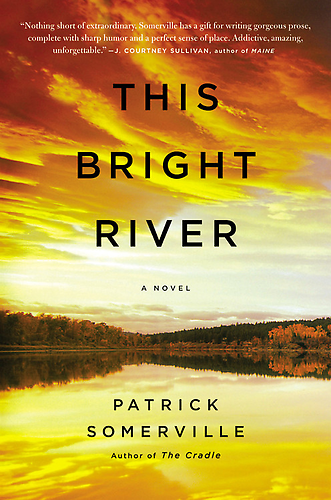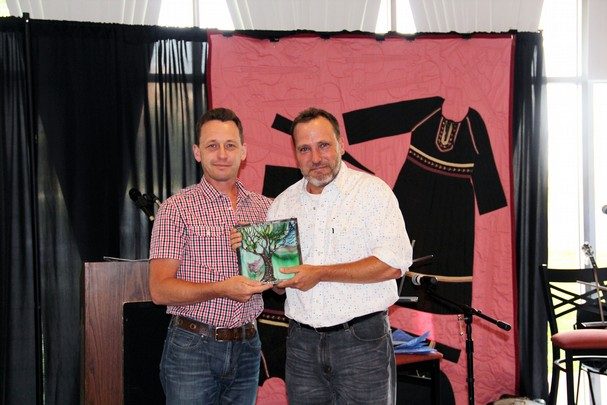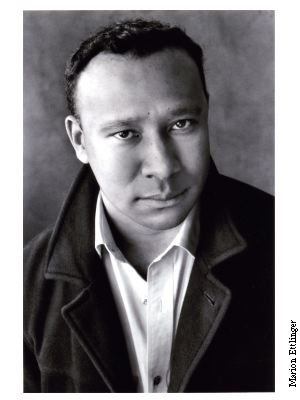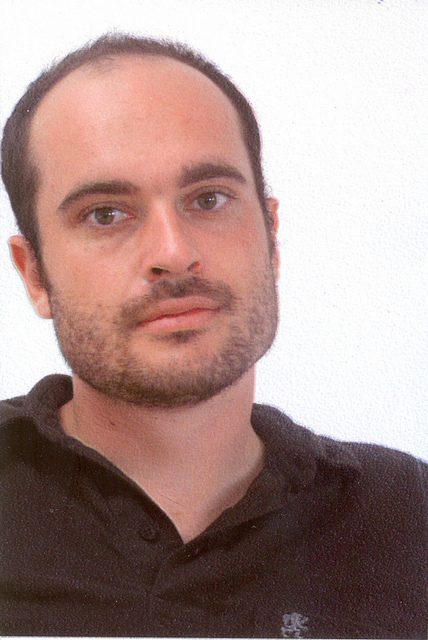Warren Wilson faculty member Patrick Somerville’s fiction was recently posted as part of the “Sunday Fiction” series on The Rumpus blog:
Sunday Rumpus Fiction: Haley
It was the beginning of September and I had been watching my uncle’s house for just over a month when I sensed St. Helens preparing to mourn the death of summer. And I was reminded of a small thing I loved, something I had forgotten in my time in Oregon beside the authoritarian Pacific: In the Midwest when the leading edge of fall is near, there is a day when you’re walking and the sky looks the same and the temperature is the same and you look up and see that there’s one leaf amid a thousand on a tree that’s no longer quite the same. It hasn’t yet turned but it bears the mark and something in you tightens up. It’s the reconnaissance scout of autumn, the test dye of the weaker sun, you’re still a good ways out but there won’t be any hiding. Which means: It’s coming, and we—the trees—we wish you the best, my friends. We’ll be back when it’s nice, go the trees, but you’re fucked for now, please accept it. And this year, that day came as I walked back up toward the overlook doing my best to identify the whispering leaves with the field guide I’d pulled from Denny’s shelf. Because I really did want to know more about their names. The feeling of ignorance my return to my hometown had stoked—that I knew nothing, really, and now it was so goddamned acute there was nothing to do but memorize—had fully fused with the dense lump of diamond-dread I’d been feeling on and off concerning the mess I’d left in Portland, and the two feelings now seemed to be working in ghastly harmony, and I did not know what to make of it. I felt as though I knew too little about the physical world, and that knowing more might help me, but that this was only the superficial shell of my problem, and that coming home had made the feeling so present that it was perhaps better to just run the other way...[Keep Reading]…
Patrick is the author of This Bright River: A Novel (2012, Reagan Arthur Books).
(2012, Reagan Arthur Books).













